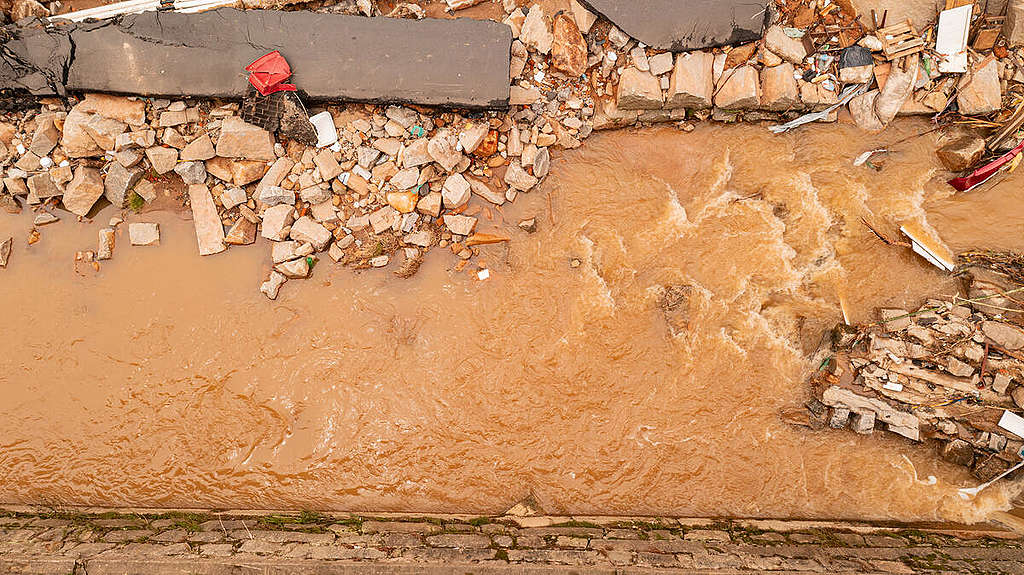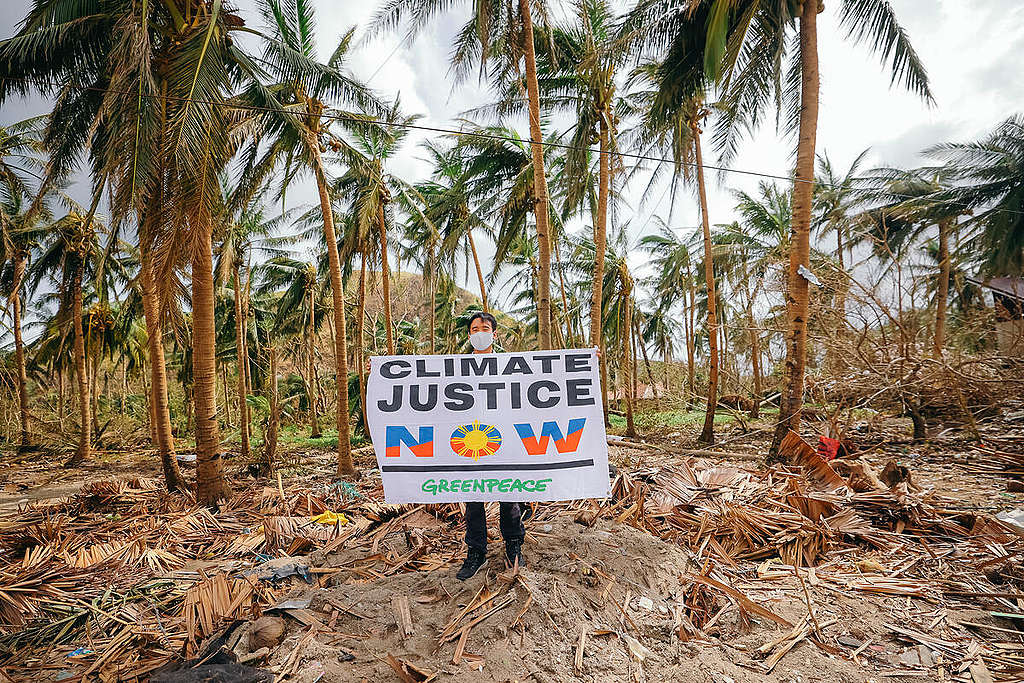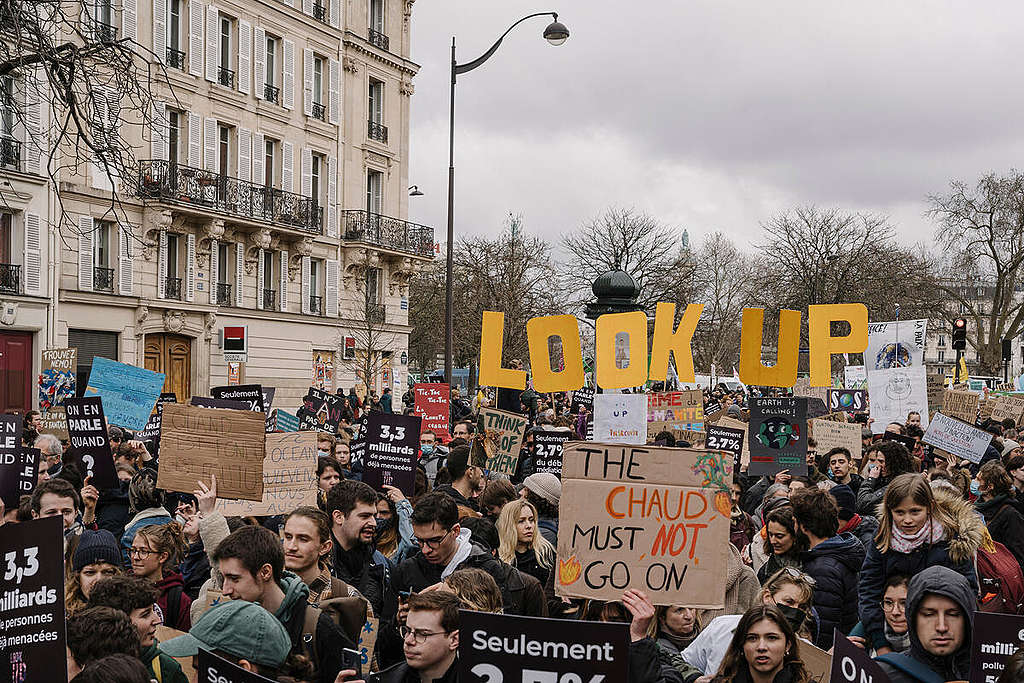Something extraordinary happened recently. Temperatures in Antarctica reached record levels, an astonishing 40°C above normal in places. At the same time, weather stations near the North Pole also showed signs of melting, with some temperatures 30 C above normal.
Things really are not like they used to be. From heatwaves and wildfires to flooding, droughts and hurricanes, no one is left untouched while impacted communities around the world are already shouldering the worst of the climate emergency.

The most recent assessment from the Intergovernmental Panel on Climate Change (IPCC) only confirms what we are already witnessing and experiencing: climate risks are appearing faster and will get more severe sooner. So we need to get faster and bigger with solutions too.
Composed of the top climate scientists from around the world, the IPCC is currently working on finalising the next part of their Sixth Assessment (AR6). The first two working group reports examined the physics and impacts of climate change. Set for publication on Monday, 4 April, this forthcoming third report will focus on mitigation: the ways to stop further warming.
This will be a crucial report issued at a crucial time as countries, businesses and investors must recalibrate plans for a faster transition away from fossil fuels, towards climate justice and truly sustainable, more resilient food systems.

What to expect?
Every working group report has a different focus and role in the overall IPCC assessments that take place every six years or so. In this chapter of the of the Sixth Assessment, we expect to learn more about:
- Progress in limiting climate-warming emissions and related warming.
- Mitigation pathways and actions that would be compatible with Paris Agreement goals and sustainable development.
- The range of available emission reduction options in energy and urban systems, and in sectors such as agriculture, forestry and land use, buildings, transport and industry.
- The social aspects of mitigation, covering factors shaping consumption patterns and opportunities to reduce emissions on the demand side.
- The scale, timing and nature of further action needed including on institutions, policy, international cooperation, finance and investment, technology development and transfer.

What happens next?
The full story of the three IPCC working group reports, and of the special reports that have been released on oceans, land and 1.5°C of warming, will be brought together by the IPCC Synthesis Report in October 2022. That will conclude the massive sixth assessment cycle of the global climate science community, a process that started five years ago.
These reports will be decisive to the governmental discussions and decisions on fossil fuel phase out, food security, adaptation and loss and damage, and frame the narrative towards the next climate conference COP27 in Egypt in November, when countries are set to revise their national climate targets in alignment with the Paris Agreement 1.5°C warming limit.
The real solution to the climate crisis will require a rapid transition away from fossil fuels and unsustainable land use, with policies and actions that value people and the planet over profit. The future depends on how we act today so let's unite behind science, and make sure their message is heard and acted on before it's too late.
You can start by watching and sharing the video below:






